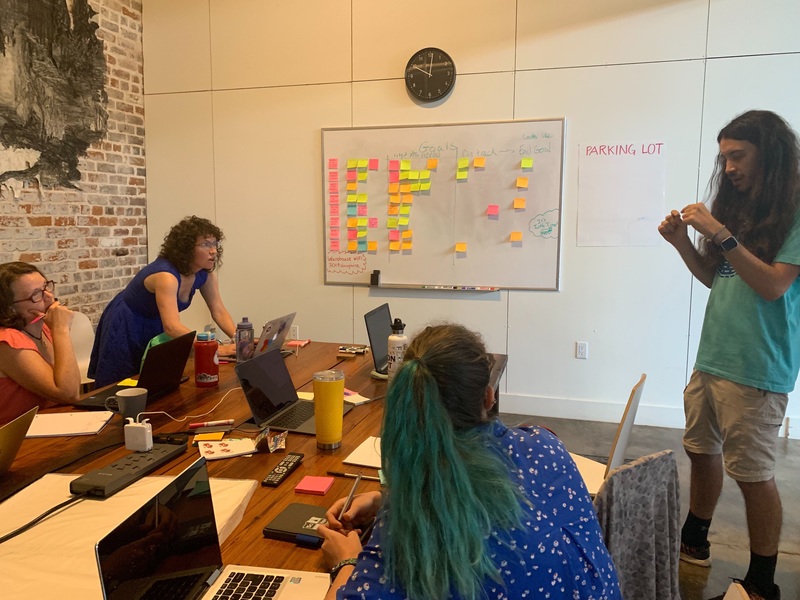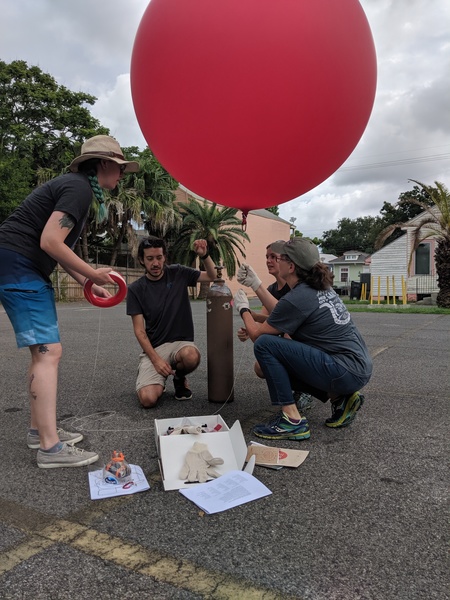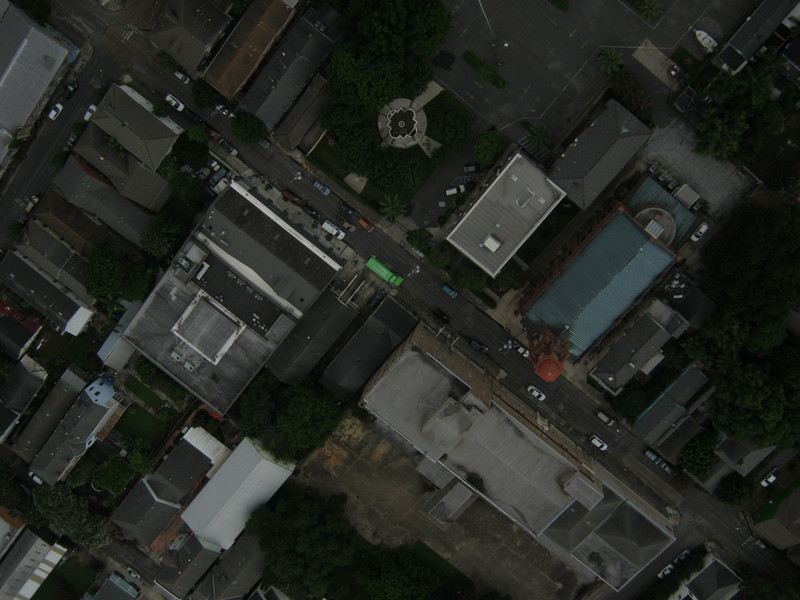The Project
Public Lab is excited to announce that with support from the National Academies of Sciences, Engineering, and Medicine’s Gulf Research program we will be working on building the scientific capacity of the next generation. To this end, Public Lab is partnering with educators along the Gulf Coast to pilot a curriculum designed to support students as they use community science methodologies to explore environmental challenges facing their community. This project centers students as knowledge producers, rather than knowledge consumers, on a path toward becoming scientifically literate citizens. As a team, students undertake problem identification, study design, data collection and analysis, and sharing results back to their community. Throughout the project, students will utilize Public Lab to connect to a larger network of community scientists, experts, and locals working in their field.
The Curriculum
 This project utilizes four phases and a problem-based learning approach to allow students to progress from problem identification to sharing their story with the community. You can learn more about the project or check out lesson plans at the Student-Led Community Science Wiki or see an overview above.
This project utilizes four phases and a problem-based learning approach to allow students to progress from problem identification to sharing their story with the community. You can learn more about the project or check out lesson plans at the Student-Led Community Science Wiki or see an overview above.

The Team
In the first year of this program, educators @amallozzi, @jeanell873, and @fwagner will be working to adapt and refine the program for their classrooms. You can follow along on the projects progress by subscribing to the tag #student-community-science.

The Workshop
Over the course of three days in New Orleans, LA our team gathered to workshop lesson plans, discuss connecting classrooms to the larger communities, and share our experiences with student-led inquiry. We worked together to set goals for this year of our project. You can take a look at our goal setting in this document. These goals include:
- Work in a Climate Context
- Advance Student Inquiry
- Aim for Accessibility
- Experiment in Engagement
- Refine Our Program
- Unblock Youth Drive
- Test Technology
- Work Openly
- Build Networks

Workshop Takeaways
Throughout the workshop, we began a list of things to share with educators who are facilitating student led inquiry for the first time. Here are some of our key takeaways:
- Student-led inquiry is incredibly messy but extremely worth it. I feel this type of learning allows my students to think and solve problems in a way that they don't get the chance to in a traditional classroom.
- Starting student-led projects involves a leap of faith. You've got to trust in the process but also listen to your judgement as you go.
- The process is the process. There's going to be moments of failure in there, and that's part of the learning process. Stick with it.
Get Involved
Support Student Work
Our students will be asking questions, sharing their work, and looking for feedback throughout their projects. If you'd like to follow their work, provide help, or cheer them on, subscribe the tag #working-together. If there are specific topics where you feel you'd be most helpful, let us know in the comments and be sure to subscribe to tags.
Help us Refine the Curriculum
We're working to share our lessons as frequently and openly as possible. Share helpful feedback on lesson plans, or try them out and let us know how it goes. You can see the full lesson plans here.
Join our Second Gulf Coast Cohort
In the 2020-2021 school year we'll continue to refine this curriculum. If you're an educator in the gulf coast, let is know that you're interested by completing the form below.


1 Comments
@mimiss has marked @liz as a co-author.
Reply to this comment...
Log in to comment
Login to comment.